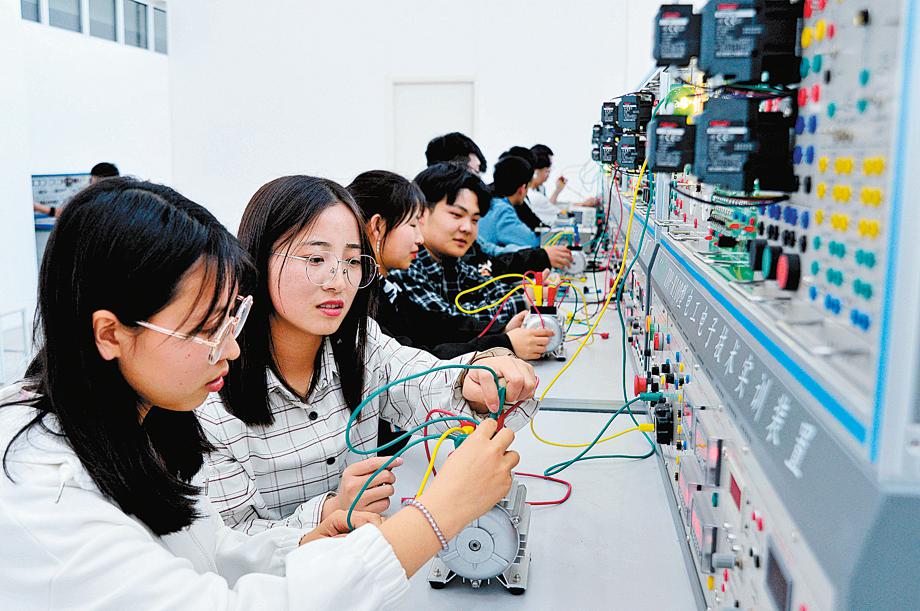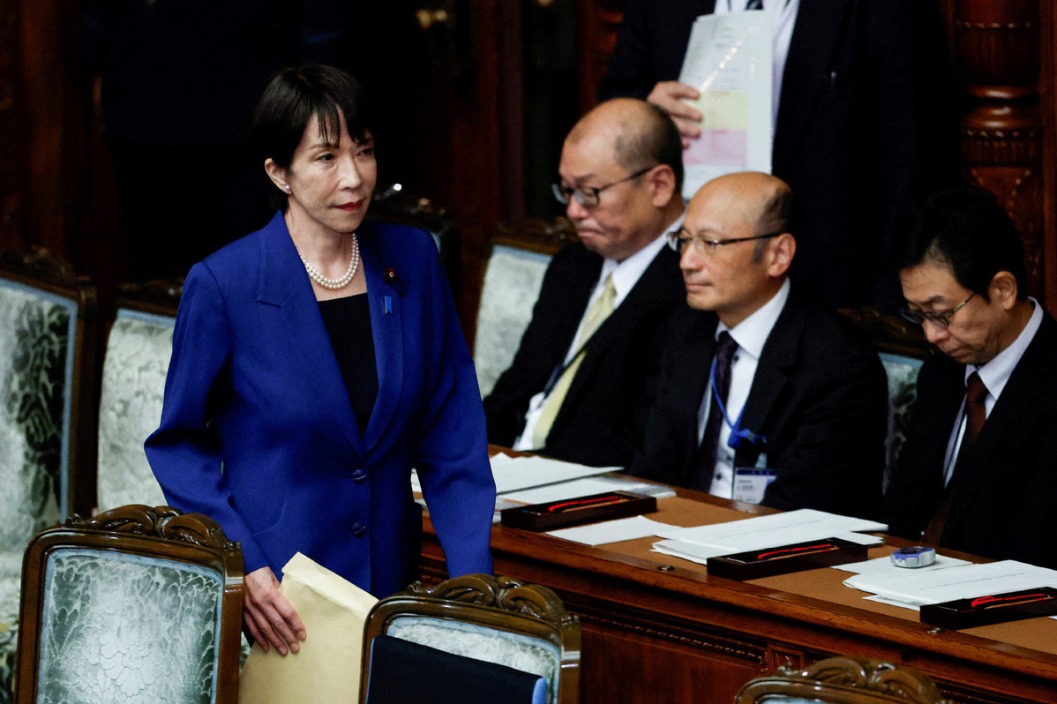Talent training needs reform to resonate with changing jobs


The Ministry of Human Resources and Social Security recently released a list of 18 new occupations, some based on the digital economy such as that of robotics engineering technician, data security engineering technician and digital solution designer, and others related to people's lives such as family education instructors, students' study-related travel tutors and homestay administrators.
These new jobs will be included in the new edition of China's occupational classification dictionary after soliciting public opinion and making revisions if necessary. The emergence of new jobs not only reflects a country's level of development and technological progress, but also people's occupation and labor concepts. By observing the changes in industrial structure, development trends and the job market, people can adjust their education or other plans.
In the past few years, the ministry has released four lists of new occupations. As new occupations are created, old ones die out. When the occupational classification dictionary, issued in 1999, was revised for the first time in 2015, nearly 900 occupations were removed. The dictionary's ongoing second revision could see many more "outdated" occupations getting eliminated.
What defines "new" and "old" occupations and decides replacement is the adjustment of the industrial structure and deepening of social division of labor in society. Aided by the development of science and technology, more new occupations that meet social needs have been created.
The emergence of new occupations not only leads the new trend of economic development, but also plays a part in shaping people's diversified career cognition and choices.
However, the professional standards and industry norms of some new occupations are not perfect, and the corresponding vocational training and development environment is not mature. Given that some new occupations have flexible employment forms, the social security system based on traditional employment status and labor relations is yet to cover the practitioners of these new jobs. These problems that hinder the development of new occupations should be taken into account when the authorities formulate relevant policies.
Surveys on multiple platforms show that the current supply and demand of new occupations is booming, but there is still a huge talent gap. This should remind the country's higher-learning and vocational education institutions to adapt to the adjusted industrial structure to meet the needs of the new economy, new technologies and new forms of business.


































